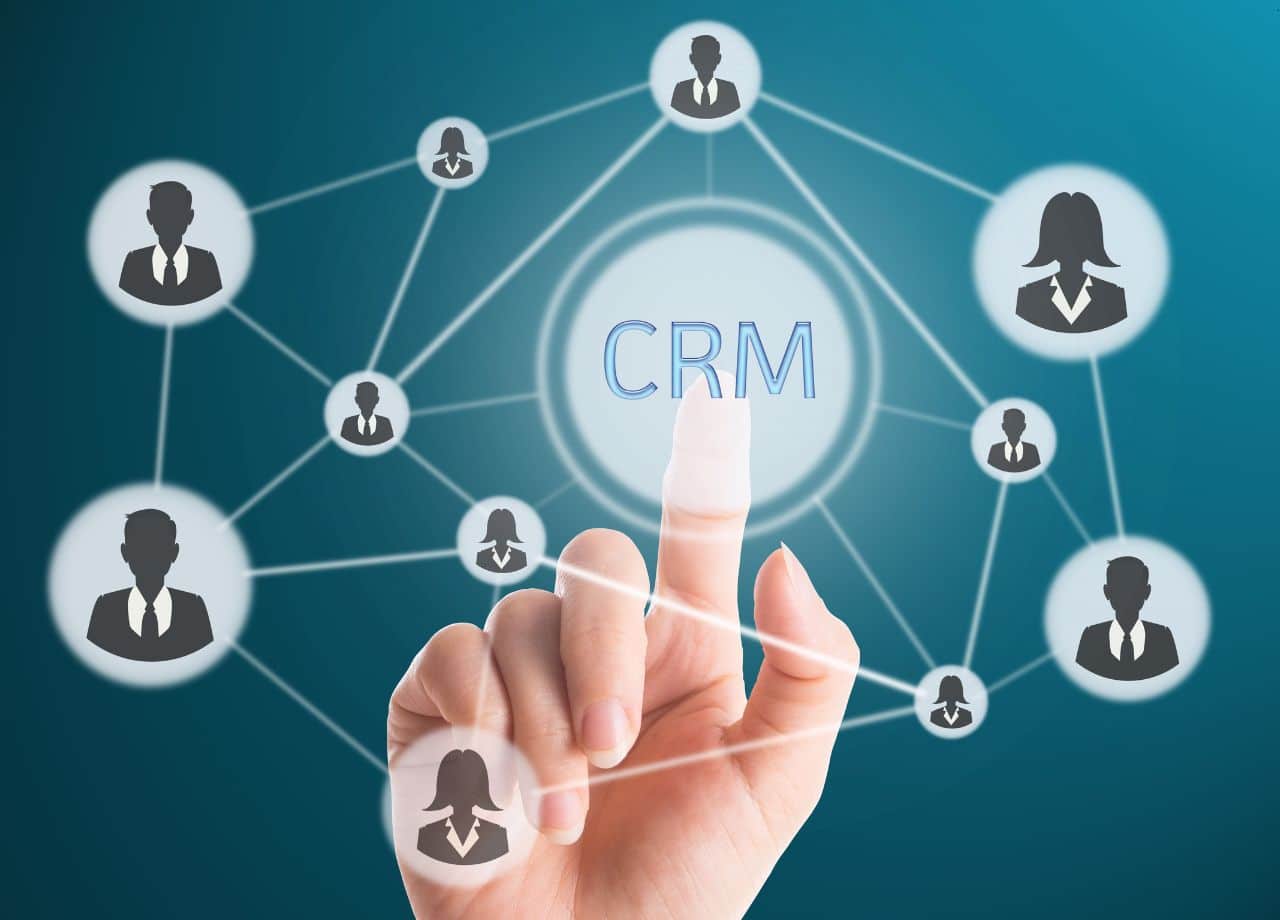Boosting revenue isn’t just about raising rents in the competitive world of property management. It’s about smart strategies that optimize income and manage expenses effectively. The right use of these strategies can significantly improve your bottom line, making your properties more profitable and your tenants happier.
Let’s explore some straightforward methods to increase your property management revenue, focusing on understanding revenue streams, maximizing occupancy rates, and implementing value-added services.
Understanding Property Management Revenue
Property management revenue comes from various sources. It’s not just about the rent checks you collect each month. Your revenue includes application fees, late fees, pet fees, and income from ancillary services like laundry facilities, parking spaces, and pest control services. Understanding these components is crucial to maximizing your revenue.
On average, property management companies can earn significant income depending on the size and type of the properties they manage. For instance, a company managing 2000 doors with a revenue per door of $7 can see an annual recurring revenue of $168,000 from pest control services alone.
But revenue management isn’t just about collecting fees; it’s about creating value for your tenants while ensuring your operations are cost-effective and efficient.
Key Strategies to Increase Revenue
Maximize Occupancy Rates
One of the most straightforward ways to boost your revenue is to keep your properties occupied. High occupancy rates mean more rent coming in each month. But how do you ensure your properties stay full?
First, effective marketing is crucial. Make sure your listings are attractive and detailed. Use high-quality photos and engaging descriptions that highlight the best features of your properties. Spread the word through various channels—online platforms, social media, and local advertisements.
Competitive pricing is another key factor. Research the local market to set your rents at a competitive rate. Offering flexible lease terms can also attract more tenants. Consider month-to-month leases or short-term rentals if it suits your market.
Tenant satisfaction programs are essential for retaining tenants and reducing turnover. Happy tenants are less likely to move out. Regularly check in with your tenants to address any concerns they might have. Quick responses to maintenance requests and creating a community atmosphere can go a long way in keeping your tenants satisfied.
Implement Value-Added Services
Offering additional services can increase your revenue while providing more value to your tenants. Services like pest control, cleaning, and maintenance packages can be attractive to tenants and can be included in their monthly rent or as optional add-ons.
Take pest control, for example. Including pest control services as part of your rental package not only improves tenant satisfaction but also helps maintain your property in good condition. Tenants are more likely to report pest issues early if they know it’s covered, allowing you to address problems before they become severe and costly. Partnering with a service like Pest Share can streamline this process, providing reliable pest control that enhances your property’s appeal and adds a revenue stream.
Optimize Rental Rates
Regularly reviewing and adjusting your rental rates based on market trends is another way to boost revenue. Conduct market analyses to see what similar properties in your area are charging. Adjust your rates accordingly to remain competitive but also to ensure you’re not leaving money on the table.
Consider offering tiered pricing models.
For example, you could offer different rent levels based on the amenities available in each unit. Tenants might be willing to pay more for units with premium features like updated appliances, better views, or additional services.
Increasing revenue in property management doesn’t always require significant changes. Often, it’s about making smart, incremental adjustments that add up over time. By understanding where your revenue comes from, keeping your properties occupied, and offering value-added services, you can see a noticeable improvement in your bottom line.
Enhance Tenant Retention
Keeping your current tenants happy is just as important as attracting new ones. When tenants stay longer, you save money on turnover costs and keep a steady income. Here are some ways to improve tenant retention.
Responsive Maintenance
One of the biggest reasons tenants leave is poor maintenance. If something breaks, they want it fixed quickly. Make sure you have a reliable system for handling maintenance requests. Use property management software to track and respond to these requests efficiently. Regularly check the property to catch any issues before they become big problems. When tenants see that you care about maintaining their home, they’re more likely to stay.
Community-Building Activities
Creating a sense of community can make tenants feel more connected to their home. Organize events like barbecues, holiday parties, or movie nights. These activities help tenants get to know each other and feel like they belong. When people feel connected to their community, they are less likely to move out.
Regular Communication and Feedback
Keep in touch with your tenants. Send out newsletters with updates about the property and community events. Ask for feedback regularly to find out what they like and what could be improved. Showing that you value their opinions makes tenants feel appreciated. Plus, their feedback can give you valuable insights into how to make your property more appealing.
Efficient Expense Management
Managing expenses well is crucial for maximizing your revenue. Here are some tips to help you control costs without sacrificing quality.
Identify and Reduce Unnecessary Costs
Take a close look at your expenses to find areas where you can cut costs. For example, review your utility bills to see if there are ways to save energy. Consider using energy-efficient appliances and light bulbs. Look at your vendor contracts and negotiate better rates if possible.
Leverage Technology for Efficiency
Using technology can save you time and money. Property management software can automate many tasks like rent collection, maintenance requests, and communication with tenants. This reduces the time you and your staff spend on these tasks and minimizes the chance of errors. Technology can also help you track your expenses more accurately, so you always know where your money is going.
Invest in Preventive Maintenance
Preventive maintenance can save you money in the long run. Regularly inspect your properties and fix small issues before they turn into big, costly problems. For example, cleaning gutters, checking for leaks, and servicing HVAC systems regularly can prevent expensive repairs later on. Preventive maintenance also keeps your property in good condition, making it more appealing to tenants.
Improving Operational Efficiency
Running your property management business efficiently can significantly boost your revenue. Here’s how you can improve your operations.
Utilize Property Management Software
Property management software is a game-changer.
It can handle many tasks that used to be done manually, like rent collection, lease tracking, and maintenance scheduling. This software saves you time and reduces the chances of mistakes. Look for software that offers a user-friendly interface and integrates with other tools you use.
Streamline Processes
Standardizing your processes can make your operations run more smoothly. Create clear procedures for tasks like tenant screening, lease renewals, and maintenance requests. Train your staff to follow these procedures consistently. This not only makes your business more efficient but also provides a better experience for your tenants.
Leverage Data and Analytics
Data and analytics can provide valuable insights into your property management operations. Track key metrics like occupancy rates, tenant turnover, and maintenance costs. Use this data to identify trends and make informed decisions. For example, if you notice that a particular type of maintenance issue is common, you can take steps to address it proactively. Analytics can also help you understand which of your properties are most profitable and why.
Marketing and Branding
To increase your property management revenue, having a strong marketing and branding strategy is essential. Here’s how to make your properties stand out and attract more tenants.
Today, most people start their search for a new home online. Make sure your properties are easy to find and look appealing. A professional website is a must. It should be easy to navigate, have detailed listings of your properties, and include high-quality photos. Use social media to engage with potential tenants. Post updates about your properties, share tips on living in your area, and respond to comments and messages quickly.
Effective Property Listings
Your property listings need to grab attention and provide all the necessary details. Write compelling descriptions that highlight the best features of each property. Include plenty of high-quality photos and virtual tours if possible. Use multiple listing platforms to reach a wider audience. The more places your listings appear, the more potential tenants will see them.
Networking and Partnerships
Building relationships with local businesses and real estate agents can help you fill vacancies faster. Partner with local businesses to offer exclusive discounts to your tenants. Real estate agents can refer clients to you, especially if you offer incentives for successful referrals.
Tenant and Community Engagement
Engaging with your tenants and building a strong community can lead to higher tenant satisfaction and retention. Here are some ways to foster engagement.
Keep the lines of communication open with your tenants. Send out regular newsletters with updates about the property, upcoming events, and important notices. Use email, text messages, or a tenant portal to make it easy for tenants to reach out to you.
Organize events that bring tenants together and create a sense of community. This could be anything from a summer barbecue to a holiday party. Providing common spaces where tenants can gather and interact can also help build a sense of belonging.
Encourage your tenants to share their feedback and suggestions. This shows that you value their opinions and are committed to improving their living experience. Use surveys or suggestion boxes to collect feedback. Be sure to act on the suggestions you receive and communicate any changes you make based on tenant feedback.
Understanding Property Management Laws
Make sure you are familiar with the property management laws in your area. These laws can cover everything from tenant rights to safety standards. Staying compliant helps you avoid fines and legal disputes.
Lease Agreements and Documentation
Having clear, comprehensive lease agreements is essential. Make sure your leases cover all the important points, such as rent payment terms, maintenance responsibilities, and rules for using common areas. Keep all your documentation up to date and easily accessible.
Risk Management
Identifying potential risks and having a plan to manage them is important. This includes everything from ensuring your properties are safe to having insurance coverage. Regularly inspect your properties to identify and fix any safety hazards.
By focusing on these strategies, you can increase your property management revenue and make your business more successful. Remember, it’s all about smart, simple steps that add up to big results. Whether it’s keeping your properties full, managing expenses, or engaging with your tenants, each strategy plays a crucial role.






